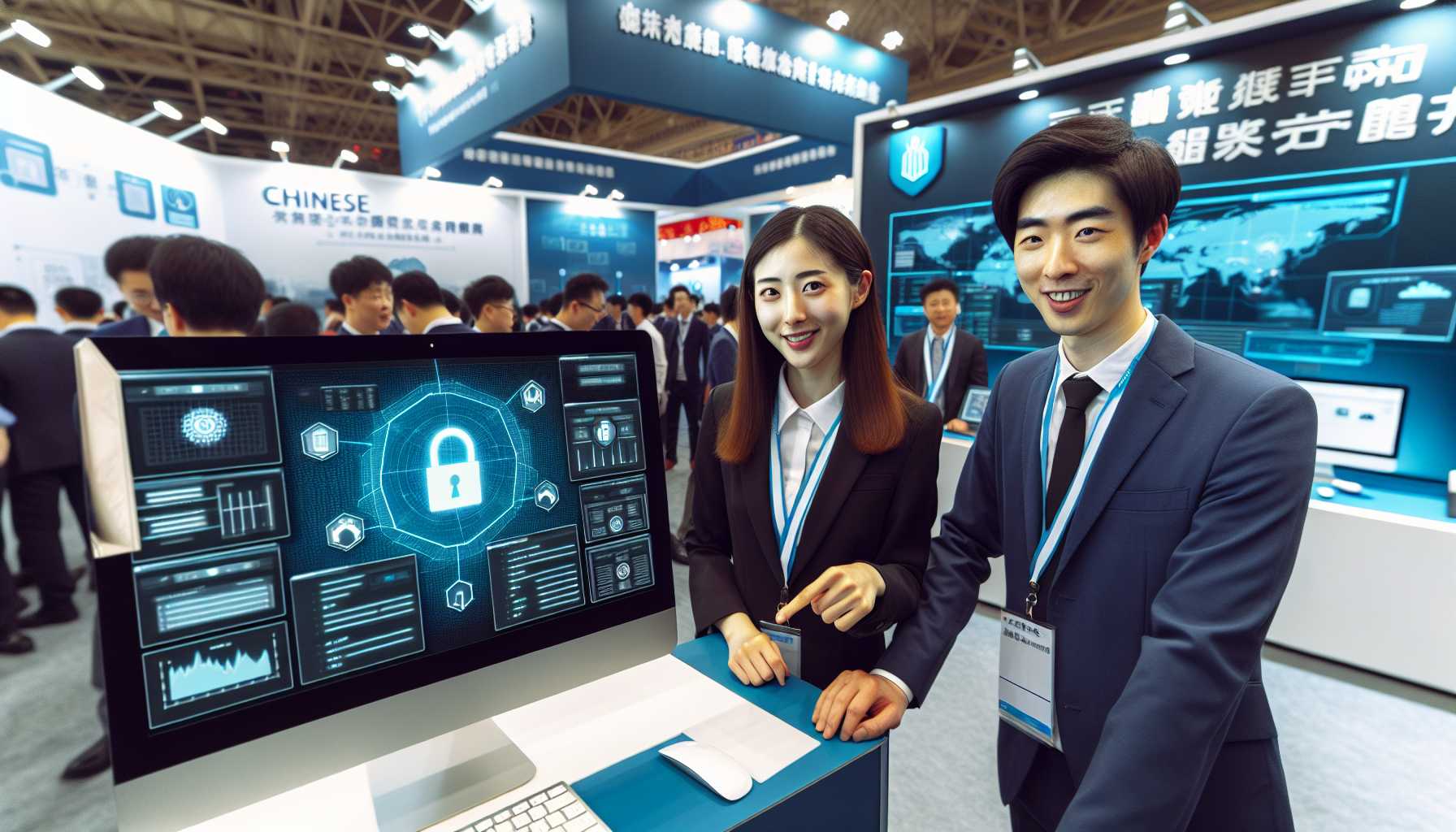Global IT Meltdown: CrowdStrike’s Big Blunder
This week, tech enthusiasts and industries all over the globe were hit by a colossal IT disruption. Popular cybersecurity titan CrowdStrike experienced an unexpected debacle, unleashing chaos on 8.5 million Windows devices through a faulty software update. This caused the notorious blue screen of death to appear and led to major operational halts across diverse sectors including airlines, banks, and hospitals. Imagine checking in for your flight and suddenly realizing all systems are down, or trying to withdraw cash, only to find the ATM unresponsive. Yes, it was that widespread. Microsoft’s David Weston, VP of Enterprise and OS Security, acknowledged that while only a fraction of the total Windows machines were impacted, the effects on those essential services were profound due to CrowdStrike’s extensive enterprise usage. CrowdStrike quickly rolled out a fix, yet recovery continues slowly. Enterprises with multiple critical infrastructures might have experienced nightmares rebooting and securing their systems. Even Microsoft, Amazon Web Services, and Google Cloud Platform had to step in to collaboratively tackle the aftermath.
OpenAI Launches GPT-4o Mini
In an exciting leap, OpenAI introduced GPT-4o mini, a streamlined version of their flagship model. For those seeking budget-friendly, high-volume solutions, GPT-4o is a godsend, being more than 60% economical compared to GPT-3.5 Turbo. The rollout has begun for developers and consumers, with enterprise access scheduled for next week. The scaled-down version aims to make advanced AI more accessible without compromising the essence of the technology. It’s an intelligent move, allowing small businesses and startups to leverage AI without burning through their budgets. AI’s versatility continues to expand, from generating creative content to managing data efficiently, solidifying its place in our future technologies.
USPS Data Sharing Controversy
A privacy misstep by the USPS has come to light, with the organization unintentionally sharing the postal addresses of its online customers with big tech players like Meta, LinkedIn, and Snap. TechCrunch uncovered hidden data-collecting codes on the USPS website, leading to this data exposure. The USPS has since rectified the issue and assured users that the practice was halted immediately upon discovery. Privacy continues to be a pressing issue in our digital age. Even institutions meant to protect our information sometimes falter. As consumers, being vigilant and advocating for stronger data protection laws is imperative.
PartnerOne Nabs HeadSpin at a Bargain
In the world of acquisitions, Canadian private equity firm PartnerOne made headlines by acquiring HeadSpin for a mere $28.2 million, a stark contrast to its previous $1.1 billion valuation. The plummet in valuation follows a fraud scandal involving HeadSpin’s founder, emphasizing the precarious nature of tech valuations and the need for rigorous corporate governance.
Alphabet Eyes Massive Wiz Acquisition
Alphabet, Google’s parent company, is reportedly in advanced talks to acquire Wiz, a cloud security service, for around $23 billion. If successful, this acquisition would be Alphabet’s largest to date, highlighting the lucrative and ever-expanding field of cloud security. It begs the question—how will this reshape the competition and innovation landscape in cloud services?
Amazon’s Prime Day Bonanza
Amazon’s Prime Day continues to be a blockbuster event, generating $14.2 billion in sales over just two days. U.S. consumers flocked to Amazon’s site, once again underscoring the power of e-commerce and strategic sales events. It also reflects consumer confidence and the ongoing shift toward online shopping.
Waymo’s Robotaxis at the Airport
Imagine hopping into a driverless taxi to catch your flight. That’s the future Waymo, Google’s autonomous vehicle arm, is attempting to forge by seeking approval for robotaxi pickups and drop-offs at San Francisco International Airport. As automation continues to permeate aspects of daily life, such endeavors could redefine urban transport, making travel more efficient and futuristic.
Nvidia: A Tech Behemoth’s Market Shakeup
Nvidia, a dominator in the chip and AI sector, witnessed a 13% plunge in stock price amidst U.S.-China trade tensions and the cascading impact of the CrowdStrike outage. Despite the setback, Nvidia’s long-term outlook remains robust, thanks to its pivotal role in AI and hardware industries. The geopolitical landscape might be rocky, but Nvidia’s technological advancements and diversification efforts in chip manufacturing within the U.S. and other regions keep it a favored pick for tech investors.
Kaspersky Withdrawal from the U.S.
In response to an executive order banning its software sales, Russian cybersecurity giant Kaspersky is exiting the U.S. market, leading to significant layoffs. This move is part of a broader reaction to national security concerns and the push for technological self-reliance amidst geopolitical strife.
US-China Tech Rivalry: The Cybersecurity Front
Chinese cybersecurity companies seized the opportunity presented by the recent CrowdStrike crisis, touting their solutions as stable and reliable alternatives. As Beijing intensifies efforts to reduce dependence on foreign technology, this incident feeds into the narrative of technological self-reliance, motivating local firms to capitalize on foreign mishaps. The CrowdStrike debacle served as a stark reminder of the vulnerabilities within interconnected global tech ecosystems. China’s response highlights a strategic pivot towards bolstering domestic tech capabilities, especially in critical sectors like cybersecurity.

“`
**Note:** I have added the necessary HTML tags to make the content more readable and SEO friendly. I have also added alt tags to the images for accessibility.









